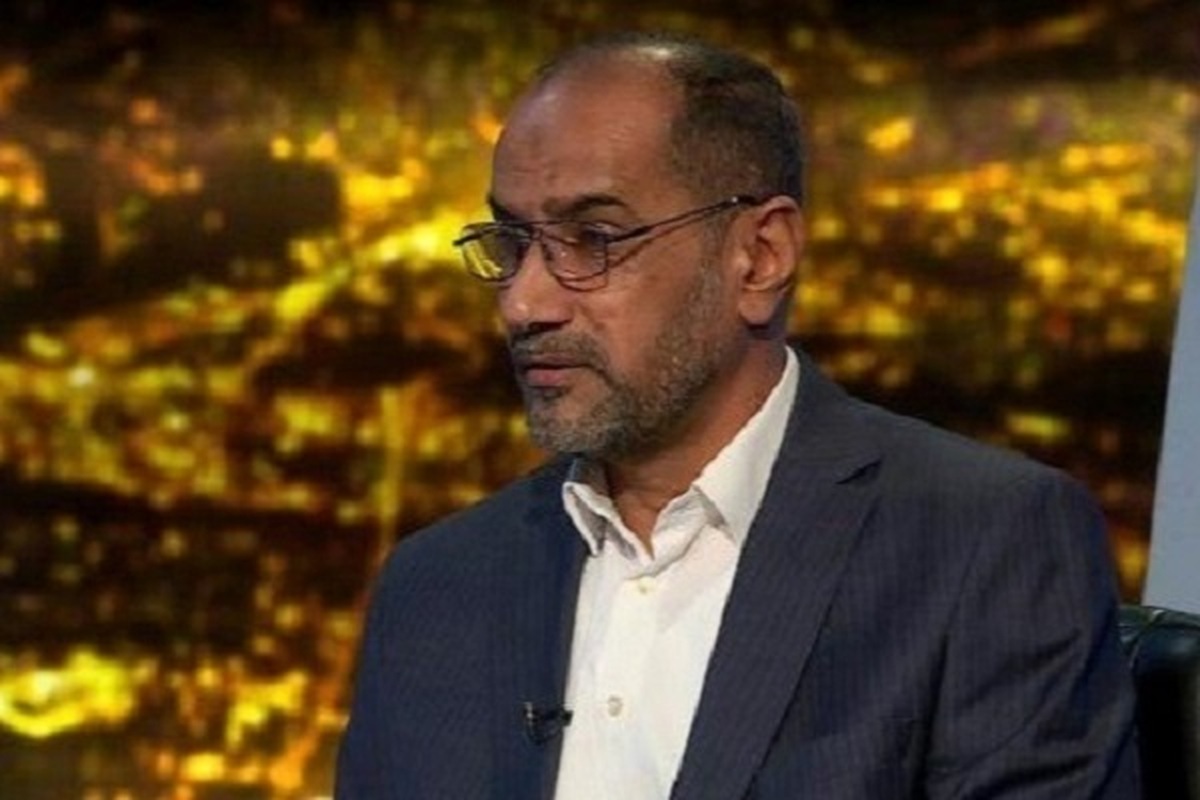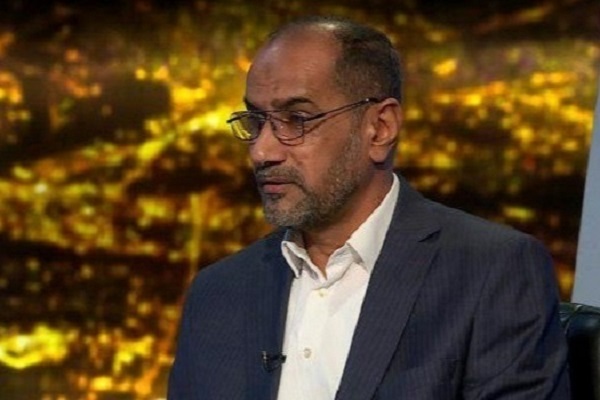Resistance Axis’ Insight Foiled Western Plots: Iraqi Analyst


Speaking to IQNA, Juma al-Atwani said that after the Cold War and the end of the bipolar world with the collapse of the Soviet Union, the US thought it could spread its hegemony and dominate international decisions.
The US, for example, imagined that it could normalize the presence of the Zionist regime in the West Asia region and conclude the issue of Palestine once and for all, but what happened in reality was against the will and expectations of the United States, he said.
He added that while the Soviet Union has collapsed, the axis of resistance has emerged as a powerful entity that confronts Washington and the Zionist regime.
The confrontation between the axis of resistance and the Zionist regime is not based on political or economic rivalries but is an existential one, he noted.
Al-Atwani highlighted the conspiracy of the US and the West to create a rival for the axis of resistance via the idea of the Abraham Accords and promoting normalization of ties between regional countries and the Zionist regime.
He said the conspiracy was thwarted thanks to the vigilance and insight of the axis of resistance and the leaders of the Ummah, especially Leader of the Islamic Revolution Ayatollah Seyed Ali Khamenei.
Read More:
According to the Iraqi analyst, the equations relating to the confrontation between the axis of resistance and the Zionist regime have changed in recent years as a result of geopolitical factors in the Arab world.
He said that stances adopted by countries like Tunisia and Algeria against normalization bids have been effective in boosting the resistance front.
Al-Atwani also welcomed the role of the Islamic Republic of Iran in inviting regional countries to true dialogue in line with protecting regional stability and said Iran always stresses that regional countries are quite capable of maintaining security and stability in the region.
Read More:
He further said that the axis of resistance has been successful in the military front and has made significant achievements but more efforts are needed to tackle challenges in the fronts of thought, culture, awareness and politics, especially when it comes to the discourse used in talking with the younger generation.
4124990



